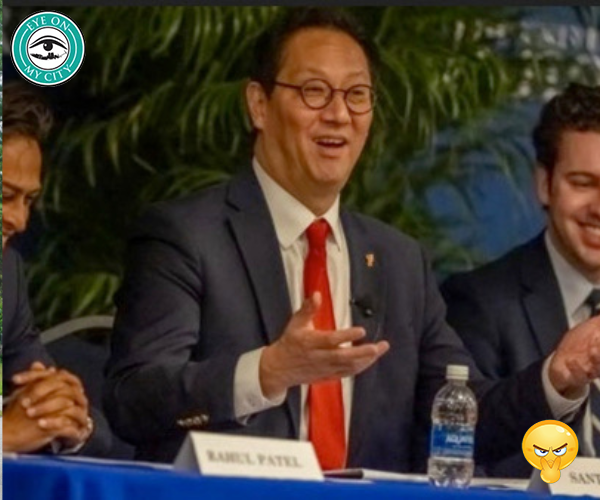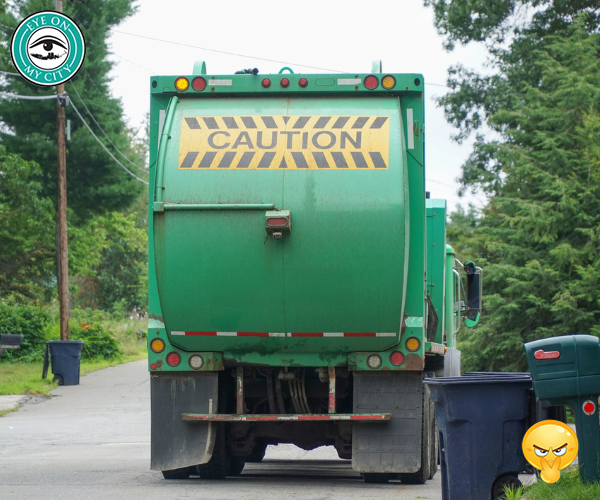It has gotten way too easy for politicians to lead the media around by the nose.
There are plenty of examples at the national level but there are some in Jacksonville, too.
One classic example:
Local media faithfully report on the mythical phenomenon of “food deserts,” as if they actually existed.

City Councilman Reggie Gaffney has used the term often, although he is not its source.
Academia and nannies in the federal bureaucracy have been using the extremely misleading term for years.
According to Encyclopedia Britannica, it means: “an impoverished area where residents lack access to healthy foods.” That’s a little different twist when you use the word “healthy.”
Another complaint is that some people “do not have access to culturally appropriate foods.”
You probably would not be surprised to find that “climate change” also is a factor in the creation of food deserts, according to Wikipedia.
But Gaffney has managed to convince the media that there are places in Jacksonville where people are bereft of food.
You can’t buy any, no matter how hungry you are.

The theory behind this ridiculous notion is that if you live more than a mile or so from a grocery, you can’t get there. Presumably, you go hungry.
Aside from the fact that exactly zero deaths from starvation have been reported in Jacksonville, there are many other holes in this theory.
But one very wealthy corporation made a bundle from the theory.
Winn-Dixie was handed $850,000 of your money by the City Council.
They were paid to open a grocery – which they have been doing for nearly 100 years without handouts from politicians.
Furthermore, the grocery was to be at Gateway Shopping Center, in a location being abandoned by Publix.
What does Winn-Dixie know that Publix doesn’t?
If the corporate executives thought they could operate at a profit where Publix could not, they could have used their own money to test that theory. That’s what capitalism is all about. (Winn-Dixie is supposed to repay the money over five years.)
The obvious question is, if people were starving in a “food desert,” why didn’t they patronize a food oasis like Publix? Why don’t they go to other local groceries?
Those who believe in the fanciful notion claim residents lack transportation.
No cars? No mass transit available, even though local taxpayers spend millions to subsidize mass transit?
How about Dominoes or Pizza Hut? Uber and Lyft?
The city actually is providing free transportation in that part of town.
This nonsense got further play lately when a non-profit organization made a safari into the food desert to give away free food.
No problem, of course, with an organization not funded by the taxpayers giving away free food. No doubt the recipients appreciated the largesse.
But the local media lapped it up, writing about it as if there were starving people being rescued in an operation similar to the Berlin food airlift of the 1940s.
In days of yore, good reporters questioned things. Now, they just go with anything politicians spew, it appears. They don’t even seem to care how much money the government is handing out, or where it goes.









